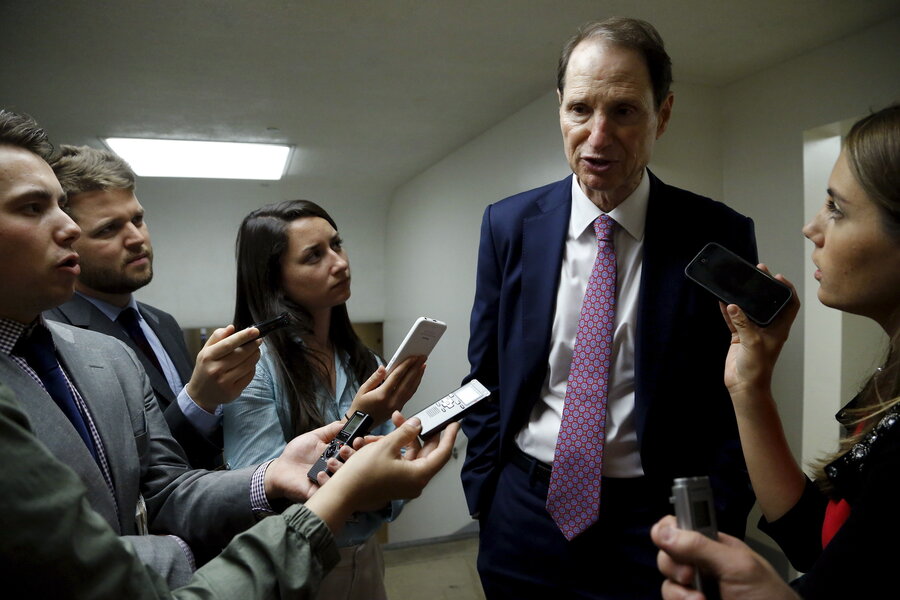Opinion: On cybersecurity info sharing, it’s the medium not the message
Loading...
As senators return to Washington, they will take up work on legislation to make it easier for companies to share cybersecurity information with each other and with the government. The future of the bill, the Cybersecurity Information Sharing Act, is uncertain. Beset with concerns over privacy and civil liberties, many past attempts at addressing this issue have failed to reach the president’s desk.
Senators will have to wade through 21 amendments offered by both Republican and Democratic colleagues and then try and get it through the House.
Unfortunately, if they succeed, neither the bill in its current form nor any of the amendments will do much to increase the effectiveness or timeliness of cybersecurity information sharing.
One of the bill’s primary objectives is to ensure that companies aren’t liable for sharing cybersecurity information with government. But liability is not the problem it was once thought to be. Companies exchange millions of pieces of cybersecurity information each day. Nonprofit groups like the Financial Services Information Sharing and Analysis Center, the Center for Internet Security, and the Cyber Threat Alliance have coalesced whole industries to share data. Private companies like ThreatConnect, TruStar, and AlienVault provide information-sharing services to their clients.
So, what then is there left for Congress to do? None of these commercial products do two things that government is best suited to do: provide validation that companies and individuals are trustworthy partners and a secure, classified network over which such sharing can take place.
When the unclassified e-mail servers of the Joint Chiefs of Staff were recently hacked, the ability to communicate securely on classified networks kept Pentagon operations moving. Cyberincident response teams managing the breach could communicate with the intelligence community, law enforcement, and other parts of the Pentagon without the alleged Russian attackers listening in.
Contrast this with what happens when a private company is hacked by the same actors. The compromised network cannot be trusted to communicate on the remediation. Even phone calls, now mostly carried over the Internet, are not considered secure. If the FBI wants to share information with you, expect federal agents to darken your doorstep. When the government has classified information to share, it must be shared in a secure, government facility. That happens at best on a quarterly basis making it neither timely nor actionable.
A better model has been piloted by the Department of Defense for several years. Companies within the defense industrial base like Lockheed Martin, Boeing, and Raytheon have access to such capabilities today. They use a separate classified network called the DIBNET to share cybersecurity information securely with each other and with the Department of Defense. Only personnel working at participating defense companies that have been cleared through the background investigation process made famous by the hacking of the Office of Personnel Management can access the network.
When unclassified networks that are accessible from the Internet become compromised, the network is used to coordinate incident response so that such communications are not intercepted.
While the program for the defense sector is a good start, companies that operate our financial, electric, water, and other critical systems must also be granted access to classified networks for cybersecurity purposes.
Cybersecurity is often characterized as a partnership between the government and the private sector. For that partnership to be fully realized, private companies bearing the costs of defending themselves against nation-state adversaries like China and Russia must be allowed access to the same networks and same information that federal agencies use to prevent and respond to cyberattacks.
When Congress gets back to work, leadership should move quickly to ensure that any cybersecurity information-sharing legislation that passes directs the creation of such a network for these companies.
Robert Knake is a senior fellow for cyber policy at the Council on Foreign Relations. Follow him on Twitter @robknake. This piece was originally published on Net Politics, a blog by the Council on Foreign Relations.







